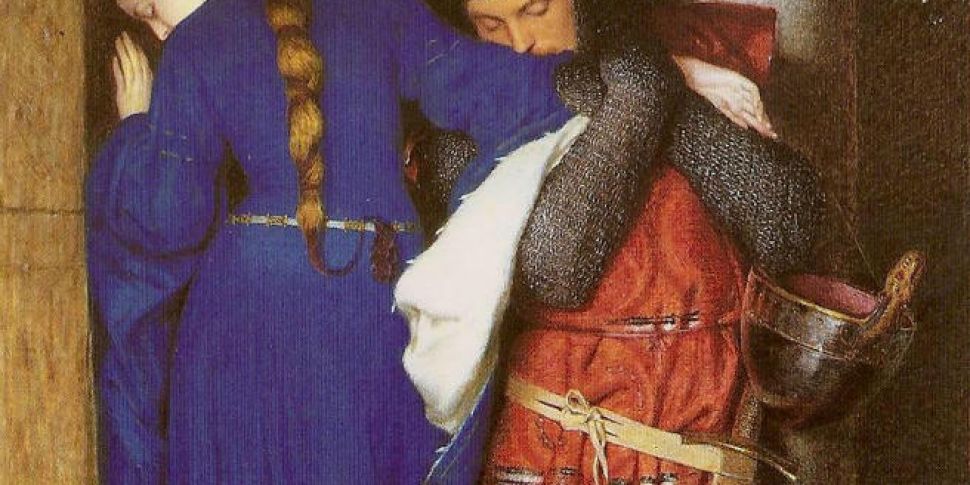The madness of love is the greatest of heaven's blessings
- Plato, 'Phaedrus'
Love holds a special place of reverence in our societies. Sonnets, plays, whole orchestral scores are composed in its name. It has helped to inspire our greatest works of art and literature. It is the mortar on which we found our families, friendships, and communities. But what exactly is love? Where does it come from? And why do we feel it?
Like most topics the nature of love has been dissected and mulled over by thinkers for as long as man can remember. In Ancient China the adherents to Mohism and Confucianism argued over love's social role and whether it is an emotion that should be universally shared or preferentially saved for a special few people. At the same time thinkers in Greece were trying to define the myriad forms of love; from the erotic and lusty eros to the platonic philia.
This desire to understand and define our most primal of emotions has resulted in treatise and theories from figures as disparate as Thomas Aquinas, Carl Jung, and Friedrich Nietzsche. In 'Love: A Very Short Introduction' philosopher and academic Ronald de Sousa unpacks the history of love and the attempts to define and understand it. Bringing his own expertise on the philosophy of emotions and the philosophy of the mind to bear Ronald tries to unravel the mysteries of love in this short guidebook.
In an attempt to understand this immense emotion Susan talks with Ronald about the different philosophies on love throughout history and how they have changed. What are the differences, if any, between all the different types of love? What role should they play in our lives? And are they all forces of nature or was love invented by societies?
Loss is love's foil, the emptiness that is left behind making what we once had all the greater. This is one of the central themes of artist Marion Coutts' memoir, 'The Iceberg'. An account of her final years with her husband it illustrates how strong love can be in the face of adversity. In September 2008 her husband, art historian and critic Tom Lubbock, was diagnosed with a stage four brain tumour. For a little over two years Tom and Marion continued to make a life together. Then in January 2011, days after his 53rd birthday, Tom passed away.
'The Iceberg' is Marion's account of her life with Tom during these final years. The partner to Tom's own 'Until Further Notice, I'm Alive' this moving memoir illustrates the couple's ordinary life, the joy and challenge of raising a young son, their vast love, and the hardship of trying to deal with Tom's degeneration as his sickness gets ever worse.
Susan talks with Marion about 'The Iceberg', her life with Tom, and coming to terms with his loss. Join 'Talking Books' as we explore the nature of love and loss and discover the vast ocean of emotion that hides just beneath the surface.
Tonight's music to read to
Rachel Grimes' 'Earthly Heaven', taken from her album 'Marion County 1938', brackets the first part of the show and 'What What What', from This is How we Fly's self titled debut album, finishes the show.









